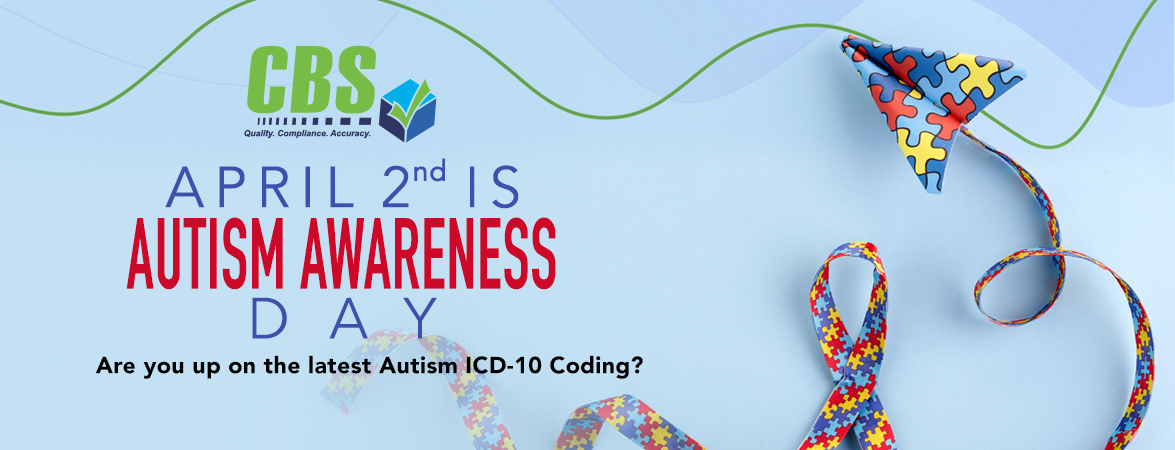Autism ICD 10 Code
In this post, we detail the 2024 Autism ICD 10 code – Diagnosis Code F84.9
Pervasive developmental disorder, unspecified
F84.9 is a billable/specific ICD-10-CM code that can be used to indicate a diagnosis for reimbursement purposes. The 2024 edition of ICD-10-CM F84.9 became effective on October 1, 2023.
This is the American ICD-10-CM version of F84.9 – other international versions of ICD-10 F84.9 may differ.
Applicable To Atypical autism
The following code(s) above F84.9 contain annotation back-references that may be applicable to F84.9:
- F01-F99 Mental, Behavioral and Neurodevelopmental disorders
- F84 Pervasive developmental disorders
Approximate Synonyms
- Developmental disorder, pervasive
- Developmental disorder, pervasive, residual state
- Pervasive developmental disorder
- Pervasive developmental disorder of residual state
Clinical Information
- A category of developmental disorders characterized by impaired communication and socialization skills. The impairments are incongruent with the individual’s developmental level or mental age. These disorders can be associated with general medical or genetic conditions.
- Broad term for disorders, usually first diagnosed in children prior to age 4, characterized by severe and profound impairment in social interaction, communication, and the presence of stereotyped behaviors, interests, and activities. Compare developmental disabilities.
- Group of disorders characterized by delays in the development of socialization and communication skills; typical age of onset is before 3 years of age; symptoms may include problems with using and understanding language; difficulty relating to people, objects, and events; unusual play with toys and other objects; difficulty with changes in routine or familiar surroundings, and repetitive body movements or behavior patterns; autism is the most characteristic and best studied pdd; other types of pdd include asperger syndrome, childhood disintegrative disorder, and rett syndrome; prefer nts where possible.
ICD-10-CM F84.9 is grouped within Diagnostic Related Group(s) (MS-DRG v41.0):
- 885 Psychoses
Convert F84.9 to ICD-9-CM
Code History
- 2016 (effective 10/1/2015): New code (first year of non-draft ICD-10-CM)
- 2017 (effective 10/1/2016): No change
- 2018 (effective 10/1/2017): No change
- 2019 (effective 10/1/2018): No change
- 2020 (effective 10/1/2019): No change
- 2021 (effective 10/1/2020): No change
- 2022 (effective 10/1/2021): No change
- 2023 (effective 10/1/2022): No change
- 2024 (effective 10/1/2023): No change
Code annotations containing back-references to F84.9:
Code Also: F78.A1
Diagnosis Index entries containing back-references to F84.9:
- Autism, autistic (childhood) (infantile) F84.0
atypical F84.9
- Delay, delayed development R62.50
Pervasive F84.9
- Disability, disabilities
intellectual F79
with
autistic features F84.9
- Disorder (of) – see also Disease
developmental F89
pervasive F84.9
pervasive, developmental F84.9
If you would like to learn more about Multiple Myeloma ICD 10 Codes, please call us at 610-428-9034 or fill out our Contact Form.

